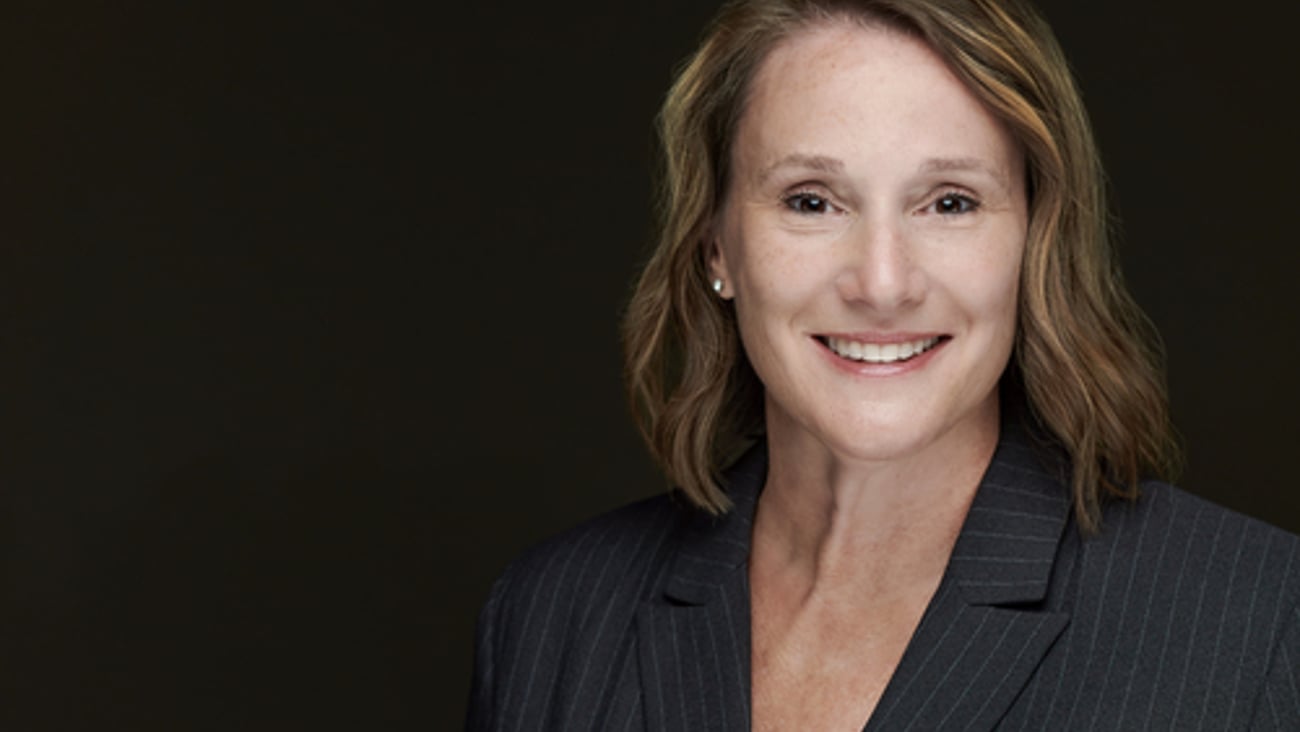The decline of China's gray-market smugglers is pushing Alibaba to recruit global brands
Alibaba is on a major recruitment drive to bring U.S. and foreign brands to China. In April, executives from its cross-border e-commerce platform Tmall Global announced that it would push to recruit more than 1,000 new brands over the coming year.
This comes after Tmall Global opened an English-language portal for foreign brands to apply to sell on the platform last year; before, they had to go through Tmall Global’s business development team and lengthy, complex application processes.
And in 2018, Alibaba also announced that it aimed to sell more than $200 billion worth of products over the coming five years. Notable private label brands that sell on Alibaba’s Tmall Global platform include Costco’s Kirkland Signature brand, Walgreens’ Boots brand, and Kroger’s Simple Truth brand to give exclusive store brands global reach.
What’s going on, and why is Alibaba so dead set on bringing American and foreign brands to China?
Chinese Consumers Love Foreign Brands, but the Gray Market Channel is Drying Up
Chinese consumers have an insatiable demand for foreign brands, including products brandished “Made in the USA,” partly due to the brand premium that they command and partly due to product quality issues prevalent in China. Top categories include milk powder, skin care products and luxury handbags. For U.S. products, Chinese consumers like buying personal care, cosmetics and food items.
For brands that do not sell directly to China, many of their products are brought back to China by daigou, or gray-market sellers that buy on behalf of end customers in China and resell them at a marked-up price. These sellers tend to be Chinese graduate students looking to make a quick buck, but others have formed highly disciplined organizations that charter whole flights just to ship products back to China.
These daigou have historically sold their goods through mom-and-pop shops set up on Alibaba’s Taobao e-commerce marketplace and Tencent’s popular social media platform WeChat. But in early 2019, the Chinese government enacted a law that forces all online sellers to register business entities and pay business taxes, cutting into their margins and leading many of them to exit the business altogether. And the current Covid-19 crisis is making it all but impossible for daigou to get their products back to China.
In short, the daigou channel is dying and Alibaba is worried. Why?
Daigou play an important role in Alibaba’s e-commerce ecosystem, because they “incubate” new foreign brands that have yet to enter the China market. Daigou oftentimes are brand evangelists and influencers, and many are highly trusted agents that Chinese customers turn to for their favorite foreign brands. Once these brands build up a reputation through the daigou channel, they can then open an official flagship store on Alibaba’s Tmall platform, through which they can sell directly to the end customer in China.
Tmall Global and Cross-Border E-Commerce Are Supplanting the Daigou Channel
But Tmall requires a foreign seller to have a Chinese entity with products that are registered and tested by the proper authorities, making entry into the China market cost-prohibitive for many smaller brands.
This is where cross-border e-commerce and Tmall Global come into the picture.
The cross-border e-commerce channel was set up by the Chinese government in 2014-15 to make it easier for U.S. and foreign brands to sell directly to Chinese consumers; products sold through the channel are sold on consignment and shipped directly to Chinese consumers after they make an order. Such products are also subject to lower import duties and faster customs clearance procedures.
The benefit of the cross-border model is that sellers can directly reach Chinese consumers and gauge interest in their products, without having to set up a local China entity or office. In short, cross-border e-commerce acts as a bridge between new brands and the China market, in some ways supplanting the role of the daigou.
Over the last few years, Alibaba’s Tmall Global business has grown to become the largest player in the cross-border e-commerce industry, now selling more than 25,000 international brands from 77 different countries and regions.
Private label brands under the likes of Walgreens Boots Alliance and Costco only opened up stores on Tmall Global after seeing considerable sales from gray-market daigou sellers. Below, we compare some of the prices between the two categories; generally, after a brand sets up an official store presence, daigou sellers either stop selling the brand’s products or undercut the brand on price to drive sales.
The sales numbers above (>28,000 bottles sold of CoQ10 supplements) also demonstrate just how popular an American private label brand can be in China, which is on track to overtake the U.S. as the world’s largest retail market. Tmall Global and the cross-border e-commerce channel provide U.S. brands and retailers with a strong value proposition in form of a low-risk, high-reward channel to reach Chinese consumers.
Key Takeaways
1. Gray-market daigou sellers are on the decline, due to a new e-commerce law and the coronavirus lockdown restrictions.
2. Daigou had previously been responsible for incubating and marketing new brands on Alibaba’s Taobao and WeChat platforms.
3. Alibaba’s cross-border e-commerce platform Tmall Global is on a global recruitment drive to bring more foreign brands to China. This includes private label brands sold by the likes of Costco, Walgreens Boots Alliance, Kroger, Aldi, etc.
Franklin Chu, managing director of Azoya USA, is an expert and speaker in China cross-border e-commerce. Chu also serves as president of Sage Capital Group Inc., a private equity and global investment management firm, and is a graduate of Yale University and Harvard Business School.








